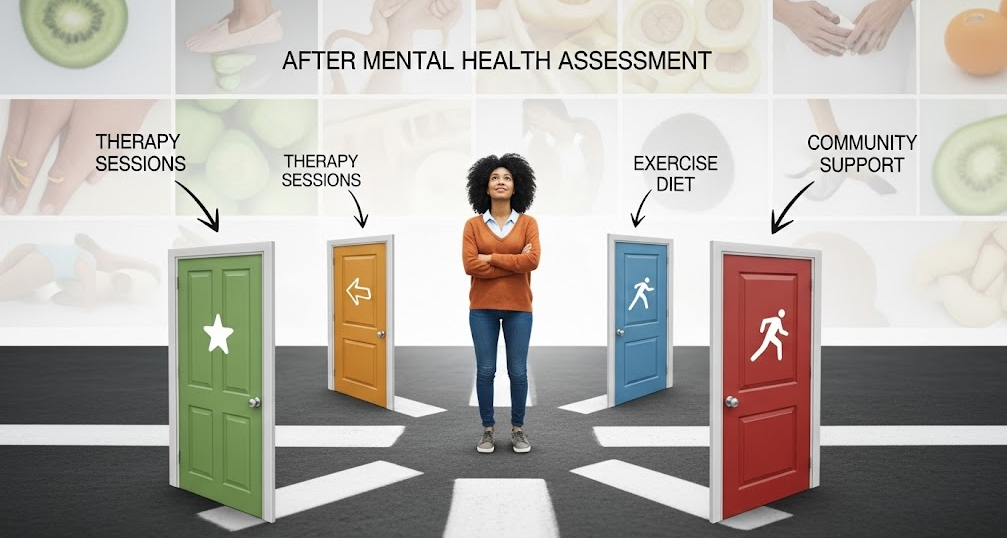Not all mental health problems look dramatic. Sometimes, the problem appears in life as a slow leak from your joy, draining your energy and convincing you that this will become a way of life. But that is not how it must be.
One of the most empowering first steps is to secure a mental health assessment in San Antonio from professionals offering compassion and clarity. Not to be judged but to be understood.
Because clarity? That is where healing begins.
Some days, the weight is hard to explain. Not always. Sometimes, it’s just juggling everything at once. Meeting deadlines at work, caregiving, that invisible emotional labor, hormones doing their own thing—and there is this expectation that somehow all of this should look easy.
The demand for women’s mental health services goes beyond mere clinical requirements; it is about self-respect.
What Exactly Is a Mental Health Assessment?
Let’s clear something up: a mental health assessment is not a test you pass or fail. It’s a safe, structured conversation with a trained professional who helps you untangle:
- How you’ve been feeling emotionally and mentally
- How long those feelings have been around
- How those feelings impact your sleep, work, relationships, and daily life
- Whether patterns or symptoms may point to a condition like anxiety, depression, or trauma
It’s not about slapping on a label—it’s about figuring out what’s going on so you can finally stop guessing and start moving forward.
It’s Not “Just You”
Let’s say you’ve been snapping at your partner more than usual. Or you’ve started avoiding your friends. Maybe everything feels flat. You might think you’re lazy, moody, or failing at adulthood.
But these behaviors could be signs of something deeper, especially if they’ve been around for weeks or months. Many people who begin therapy for depression say the same thing: “I thought this was just my personality.”
You’re not broken. You’re burnt out. You’re overwhelmed. You’re maybe even chemically imbalanced. But none of that means you can’t get better.
What Comes After the Assessment?

Once the professional understands what’s going on, you’ll talk through options. There’s no single solution, but there are many powerful paths forward. This might include:
- Weekly or bi-weekly therapy sessions
- Medication (if needed and agreed upon)
- Lifestyle support like sleep, nutrition, and daily routine changes
- Community support, group therapy, or online resources
- Short-term or long-term care plans, depending on your needs
You’re not handed a one-size-fits-all prescription. You’re given choices based on who you are and what you need right now.
Managing Life When It Doesn’t Slow Down
Even after getting help, life doesn’t suddenly become easy. Stress still shows up. However, with the right way, you can present yourself differently in return. That’s why stress management counseling is often an integral part of a comprehensive care plan. It can help you:
- Set better boundaries at work or home
- Develop real, usable coping strategies (not just deep breathing and wishful thinking)
- Build emotional resilience when life throws curveballs
- Recognize stress signals in your body before they become overwhelming
Stress may be given, but it doesn’t have to run your life.
You Deserve More Than Survival
Sunflower Mental Health Clinic offers care with a human touch, not a clinical one. Healing must feel collaborative rather than corrective. If you have been quietly holding it together, wondering if you even “deserve” support is your sign.
Schedule your assessment at Sunflower Mental Health Clinic and take an honest step toward feeling better. We are ready when you are.

